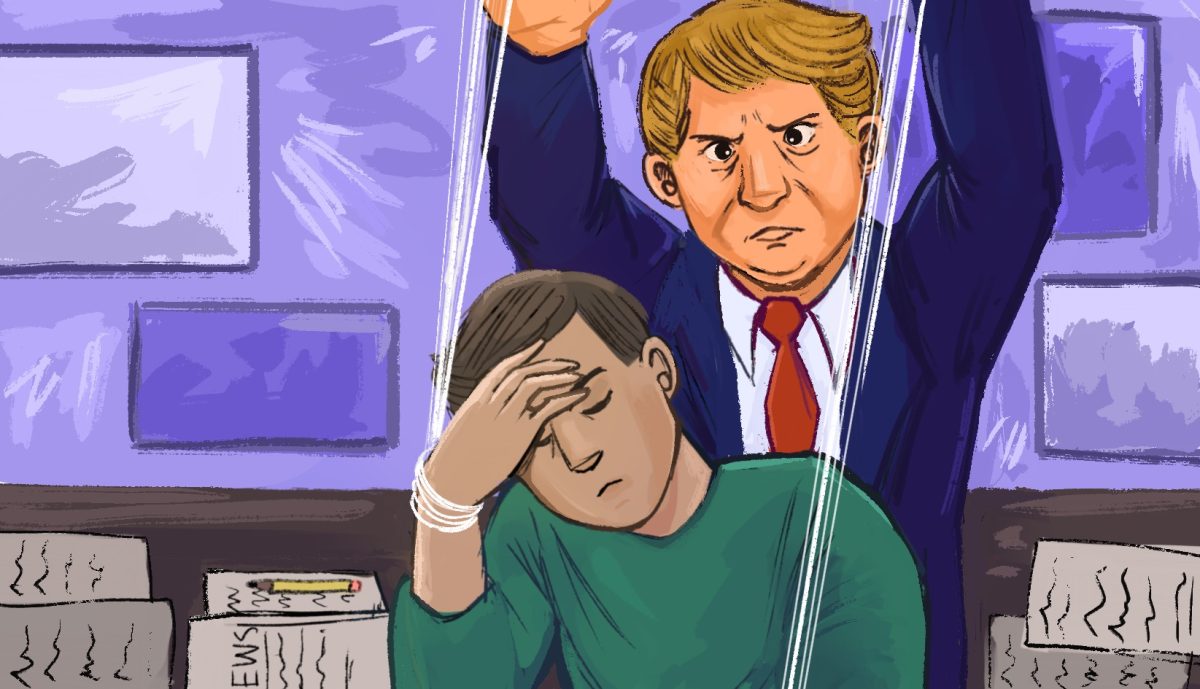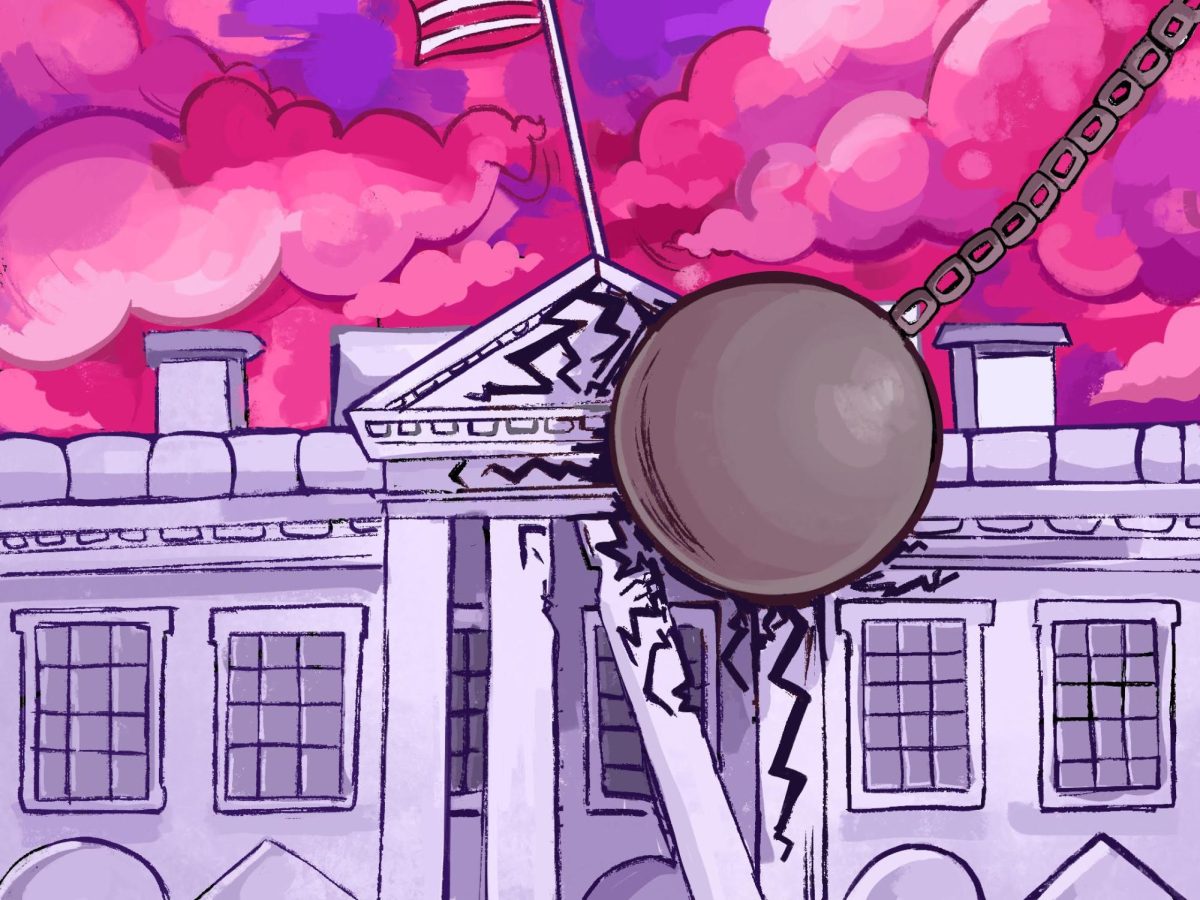Starting next year, Christianity will become a part of the public school curriculum in Texas. The Bible-infused curriculum will be incorporated into kindergarten through fifth-grade classrooms, regardless of what religion individual students practice. While schools are not required to teach the Bible, they receive a considerable compensation of $60 per student if they do. The material will enter several classrooms as early as next year.
Unfortunately, we as a nation have reached the point of needing to be reminded that a Bible-infused curriculum is a gross intersection between church and state that will constrain students’ perspectives and alienate students of different faiths.
The Texas Education Agency proposed the curriculum in early 2024, and lesson plans were in the works for several months. The curriculum will add biblical teachings into social studies and language arts lessons; the Texas State Board of Education adopted the curriculum in an 8–7 vote on Nov. 22, 2024.
Parents, politicians, and even scholars of religious studies have pushed back against the State Board’s decision, emphasizing that forcing Christianity upon all public school students is unethical and will lead to bullying in schools by ousting and isolating non-Christian students. Many questioned the historical accuracy of the lessons as well, noting that the Bible serves as one interpretation alongside many differing scientific, religious, and cultural interpretations. Those in support of the curriculum argue that Christianity is a “core feature” of American history that all students should learn.
Sure, Christianity is a core feature of American history—that is, if you mean the history in which Europeans colonized North America, decimated its natives, and forced Christianity upon the survivors. While documents such as the Declaration of Independence and the Bill of Rights did incorporate Christian principles of common creation, reflecting upon the history of Christianity in the U.S. also illuminates years of superiority and oppression fostered by white colonizers.
It is undoubtedly dangerous to teach a singular religion in school as it demonstrates to students that one religion is superior to others. Students must be exposed to several different religions in school so they can come into contact with different worldviews to expand their perspectives while developing mutual respect to other faiths. Moreover, the key to minimizing discrimination observed in middle and high schools later on is familiarizing students with different belief systems in their primary years.
Under the First Amendment of the U.S. Constitution, all U.S. citizens are granted free speech and press rights. Accordingly, students should have the right to follow any religion they choose, or not practice a religion at all. Not only is forcing Christianity upon students unconstitutional, it will make students feel uncomfortable, out of place, and isolated in classrooms that continuously emphasize a belief system that differs from their own.
One of the worst aspects of the new curriculum is the fact that it preys on children who are too young to distinguish between beliefs and reality. They will be at the age where they are vulnerable and will see the ideas presented to them as facts, just as they see two times two equals four as a fact. As a result, they will grow up knowing only Christianity to make sense of the world. While Christianity may have some morally righteous teachings, the same can be said of nearly any religion. Teaching only Christianity to younger students in schools will rob them of the opportunity to decide what they believe in as they mature.
Texas is about to swipe away students’ rights from them under their noses. These future generations will be robbed of the opportunity to decide what they believe in as years of work towards separating church from school go to waste. The ignorance of a few conservative politicians is about to harm thousands of innocent children, and the worst part is that those officials are so narrow-minded that they cannot see the damage they are about to do.
Terrifyingly enough, Texas could have a domino effect on other southern school districts looking to pilot similar materials. Oklahoma has been working to incorporate Christianity into lesson plans for grades five through 12, and Republican Governor Jeff Landry of Louisiana recently signed a bill to display the 10 Commandments in all public school classrooms. If Texas is the start to a series of entanglements between religion and school, the damage to students nationwide will be far more extensive.
Now more than ever, we must exercise our First Amendment rights so these students do not lose theirs. Whether it is spreading awareness about the new curriculum, supporting affected families, or protesting and speaking out against the Texas State Board directly, every action is crucial.







